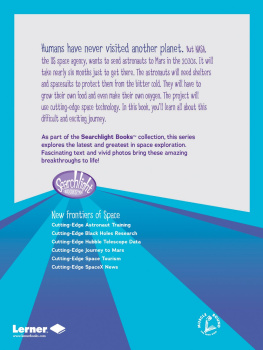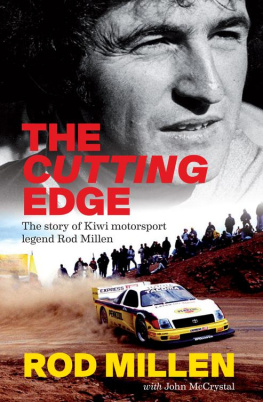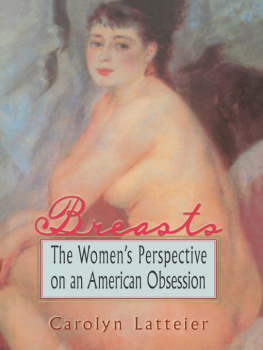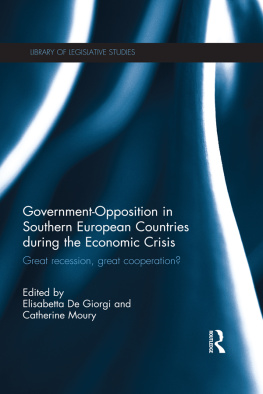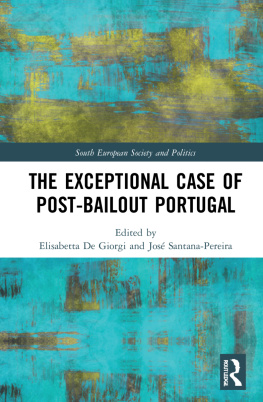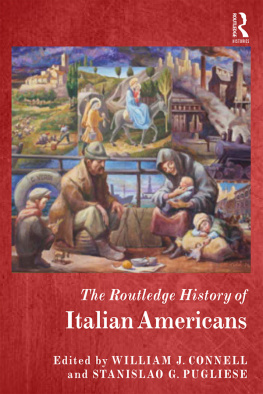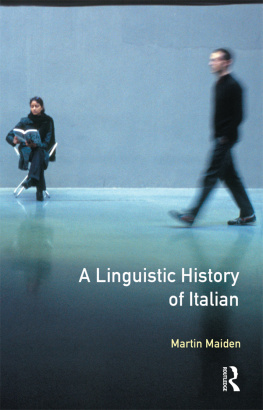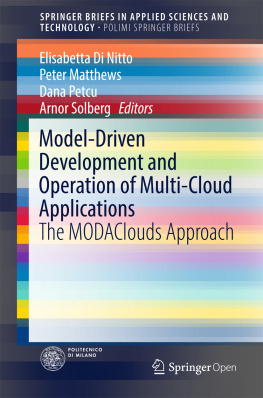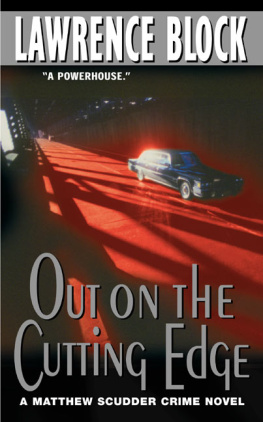Back cover
What have the achievements of Womens and Gender History, as a field of study, been in Italy? To what extent has it succeeded in making womens history an integral part of academic enquiry rather than an optional specialist area? What impact has the study of manhood and masculinities had on our understanding of womens lives? What is the relationship between gender studies and new critical histories of colonialism and empire, contact zones, cross-cultural encounters and racialisation? How is new work on cultural geography and spatial categories impacting our historical understandings of bodily differences?
The articles collected here are inspired by these questions, previously posed by Karen Offen and Chen Yan to an international group of historians. They discuss several critical themes, including: the challenges the field has experienced in the Italian institutional context and which it continues to face today; how we can move the conversation beyond Italy and Europe to other international arenas; and how to expand the research on topics like the history of masculinities, gay and lesbian studies, colonial studies, and global history.
This volume has been published with the support of the Giunta Centrale per gli Studi Storici.
Contributors of T. Bertilotti, E. Bini, M.P. Casalena, S. Feci, K. Offen, C. Papa, D. Rizzo.
Teresa Bertilotti is a historian and independent scholar affiliated with the ERCs Women in Post-War Transitions project, directed by Professor Marta Verginella at the University of Ljubljana. She has worked on womens education in 19 th -century Italy and on second-wave feminism and its relationship to current perspectives on feminist movements. She has been a member of the executive board of the Societ italiana delle storiche (Italian Association of Women Historians) and on the board of Genesis . She also edits, alongside Simona Bonsignori, the book series titled Parola di Donna , published by manifestolibri. Among her publications, see: Maestre a Lucca. Comuni e scuola pubblica nellItalia liberale , Brescia, La Scuola, 2006; Il femminismo degli anni Settanta , ed. with Anna Scattigno, Rome, Viella, 2005; Nuovi femminismi, nuove ricerche , ed. with Cristina Galasso, Alessandra Gissi and Francesca Lagorio, Rome, manifestolibri, 2006 (new edition 2019); Intellettuale, nomade, poliglotta: una strega ungherese e il femminismo italiano, Genesis , 2 (2011).
Cover illustration: Carla Accardi, Untitled (1988). Brussels, Galerie Greta Meert.
Viella Historical Research
Womens History
at the Cutting Edge
An Italian Perspective
edited by
Teresa Bertilotti
viella
Copyright 2020 - Viella s.r.l.
All rights reserved
First Edition: November 2020
ISBN 978-88-3313-141-2 Hardback
ISBN 978-88-3313-619-6 PDF
ISBN 978-88-3313-907-4 ePub
This volume has been published with the support of the Giunta Centrale per gli Studi Storici.
Contents
Teresa Bertilotti
Introduction
Maria Pia Casalena
The Institutionalisation of Womens and Gender History Studies
Simona Feci
The Reception of Womens and Gender History: A Perspective from the Italian Association of Women Historians
Domenico Rizzo
Mens History and Its Discontents
Catia Papa
Studies on Colonialism and Racialisation: Itineraries in Womens and Gender History in Italy
Elisabetta Bini
Toward a Gendered World History? The Italian Case in Comparative Perspective
Karen Offen
Final Thoughts on the Achievements in Womens and Gender History in Italy
This volume is dedicated to the memory of Anna Rossi-Doria
Teresa Bertilotti
Introduction
The essays published in this volume were first presented at a symposium organised in Rome in 2018 by the Giunta Centrale per gli Studi Storici (GCSS; Central Bureau for Historical Studies), during the course of which a group of scholars was tasked with discussing questions posed by an earlier roundtable titled Womens History at the Cutting Edge. This roundtable had been convened by the International Federation for Research in Womens History (IFRWH) in Jinan (Shandong Province) China, in August 2015, during the 22nd Congress of the International Committee of Historical Sciences (ICHS/CISH), hosted by Shandong University and the Chinese Academy of Social Sciences.
The Federation was founded in 1987 with the mission of encouraging and coordinating womens history at an international level; in the same year it became affiliated with the ICHS and from 1990 on has taken part in its congresses, which are held every five years. The Federations participation at the week-long ICHS conferences takes a particular form: it not only proposes and organises one or more sessions at the congress, as do the other international organisations affiliated with the ICHS, but it also hosts its own conference, in parallel with the other organisations, on Thursday and Friday. No small number of scholars attend both the main congress sessions and these subject-oriented conferences. The presence of womens history and gender issues had an unprecedented importance among the topics discussed in Jinan, thanks to the efforts of the Congresss Program Committee. Federation members participated in a number of ICHS Congress sessions, and some sessions were co-convened by the ICHS and the IFRWH.
The IFRWH conference began with the above-mentioned roundtable, Womens History at the Cutting Edge, organised by Karen Offen and Chen Yan, which provides a good example of the collaboration between the ICHS and the IFRWH. The roundtable took place in two sessions: the first as part of the big congress, and the second within the Federations event. The questions the historians were dealing with were posed by Chen Yan and Karen Offen in a call for papers that was distributed months earlier and reintroduced in the reflections of Chen Yan, who opened the meeting.
The papers by the seven respondents at the roundtable, and a joint paper by Offen and Yan, were published in Womens History Review and have since been published in book form.
Offen and Yan urged a discussion of several critical themes, looking back at the previous two decades and inviting the respondents and those in the audience to come up with an overall appraisal of the place of womens history at the cutting edge of historical scholarship. The first and second questions posed dealt specifically with this issue: What have the achievements of womens and gender history been over the past two decades? and To what extent has it succeeded in making womens history an integral part of historical study rather than an optional specialist area?. Addressing related scholarship, they invited the attendees to ask themselves, What impact has the study of manhood, masculinities and mens gendered power had on our understanding of womens lives? and What is the relationship between gender studies and new critical histories of colonialism and empire, contact zones, cross-cultural encounters and racialisation?. And lastly, How is new work on cultural geography and spatial categories impacting our historical understandings of bodily difference?.


